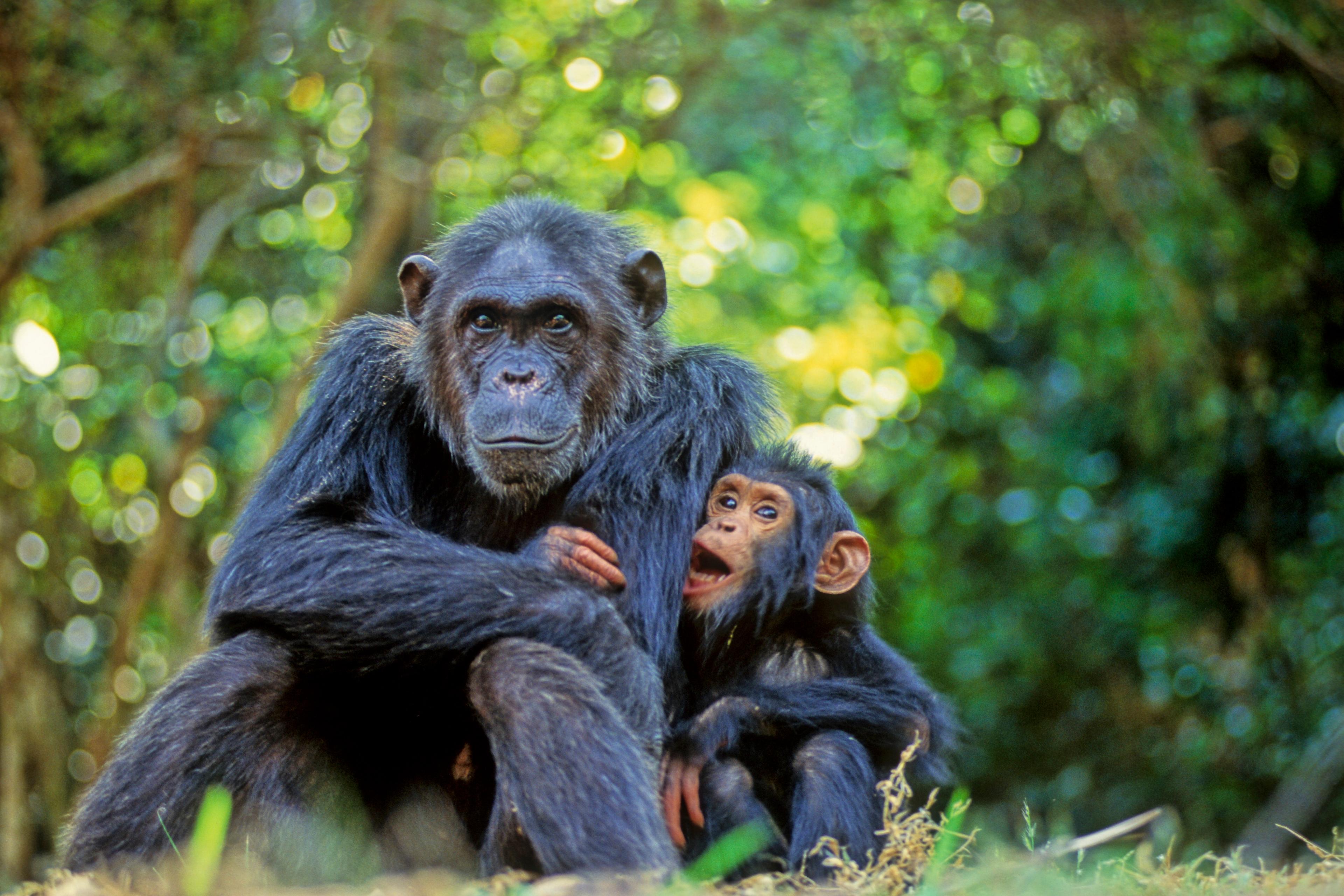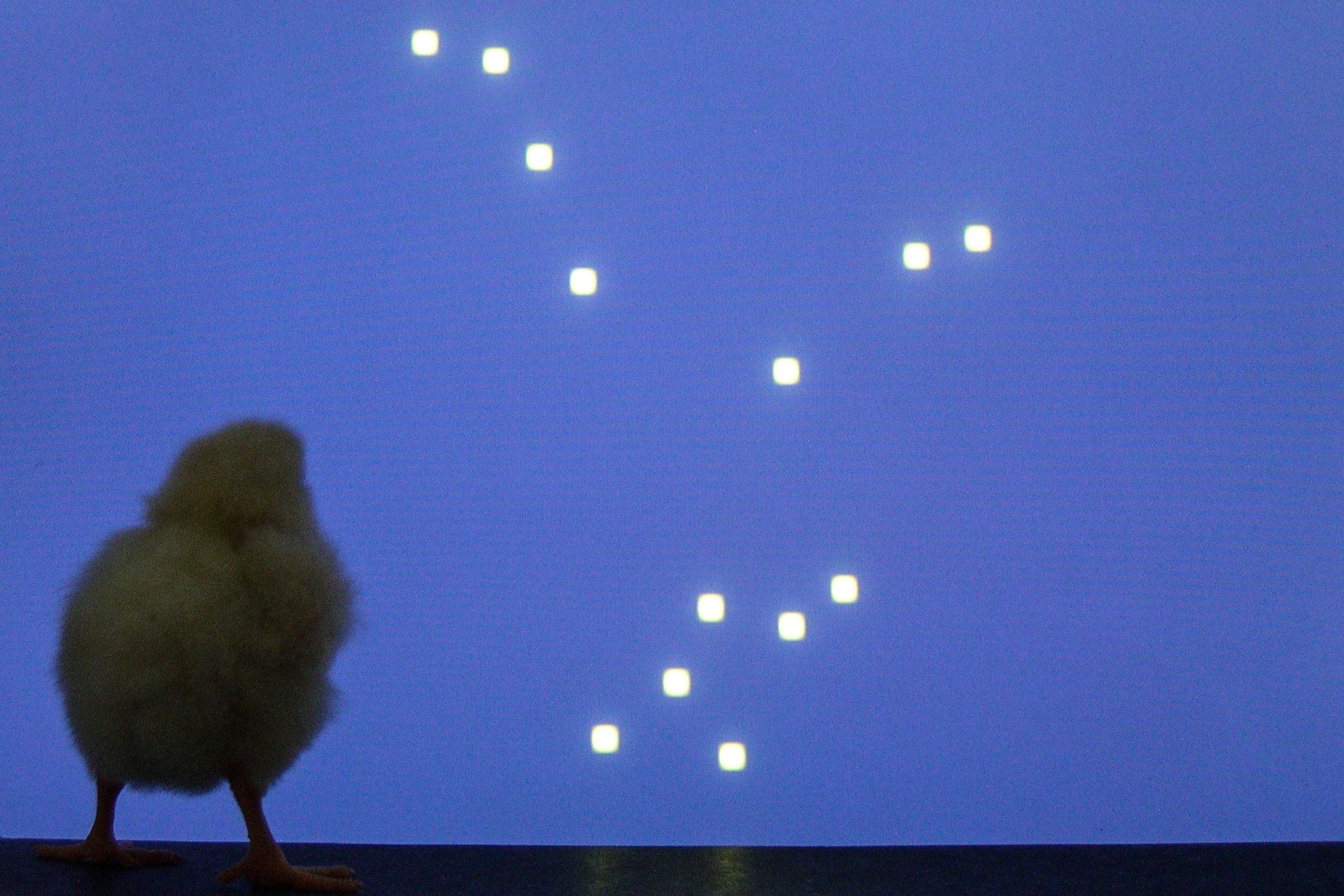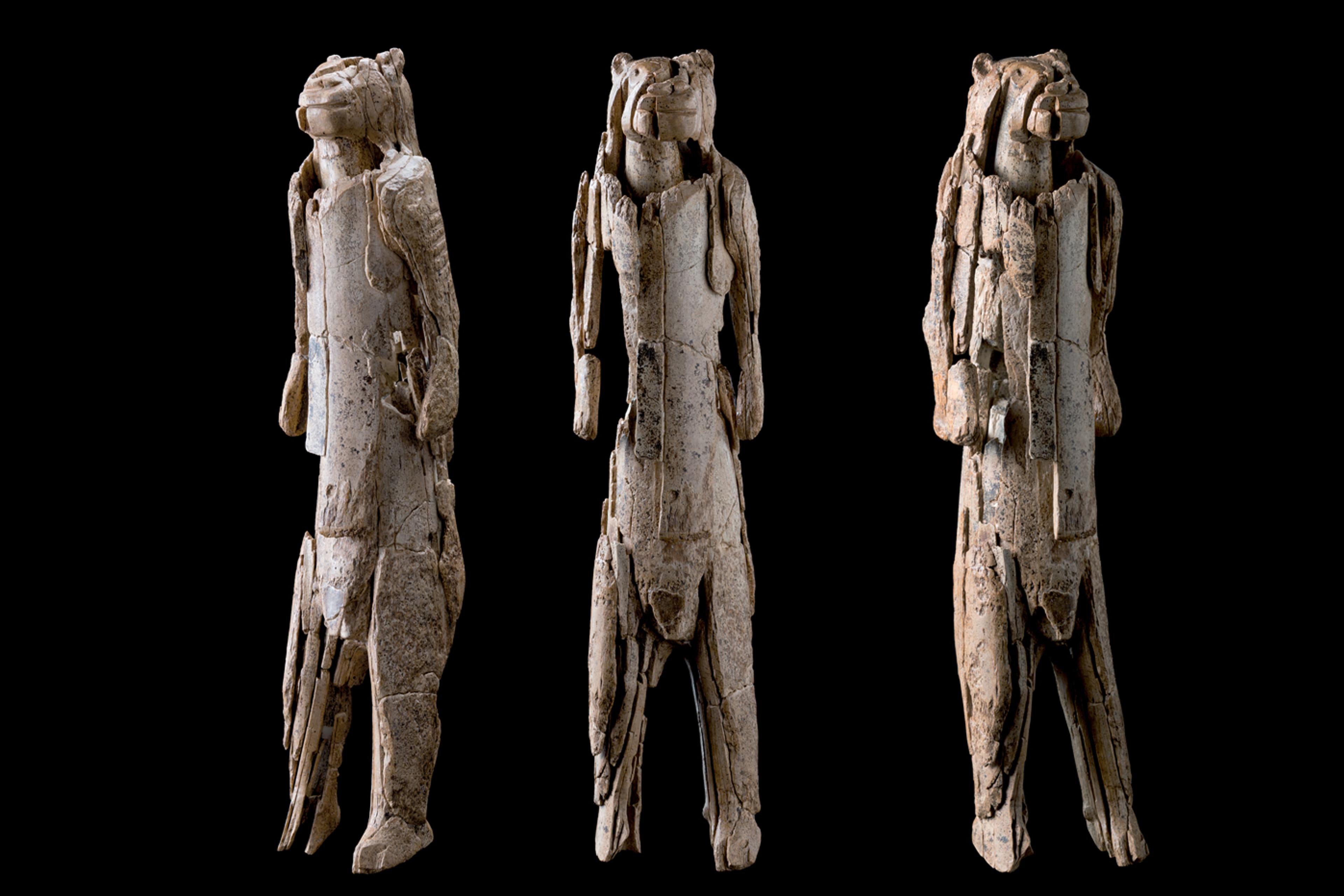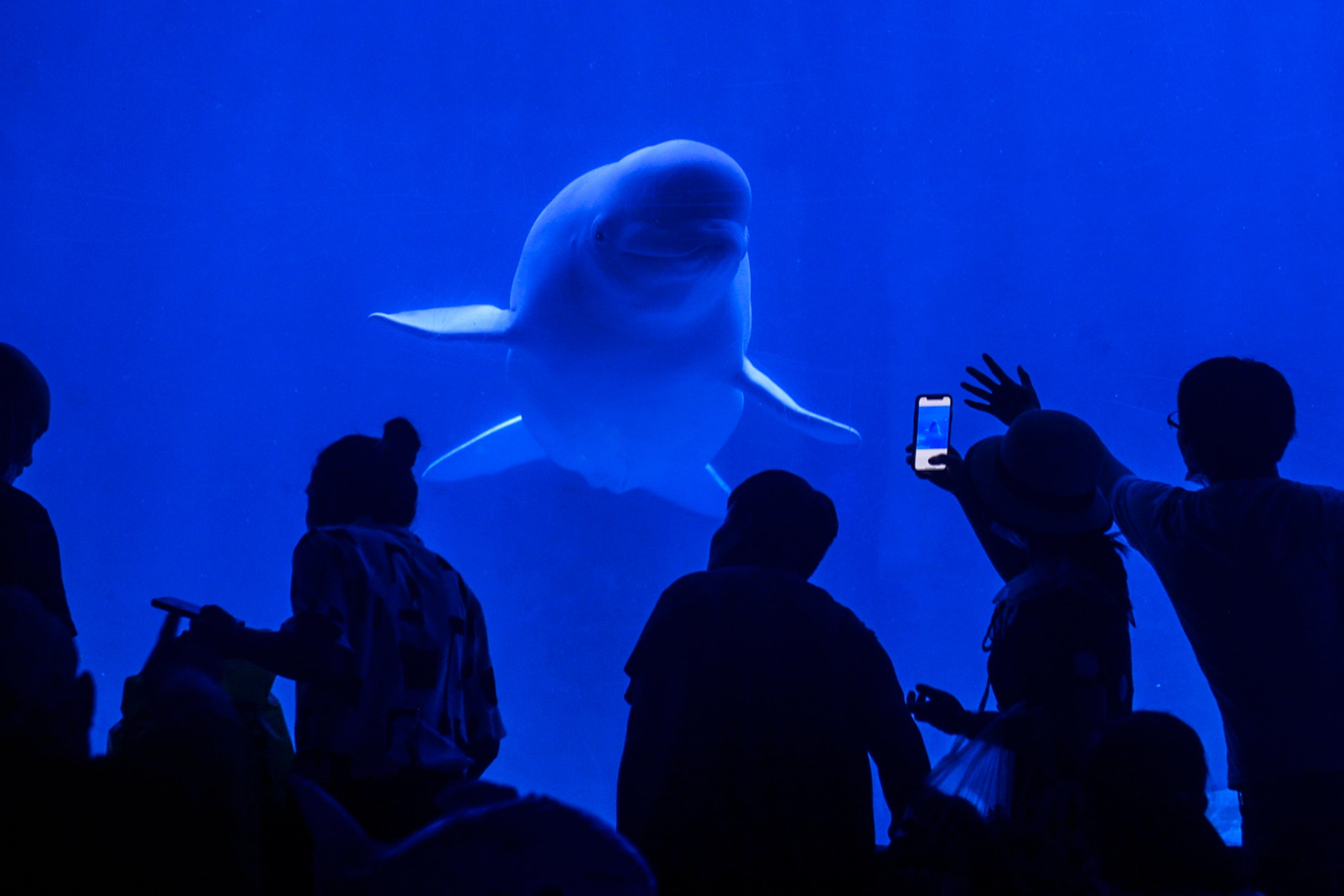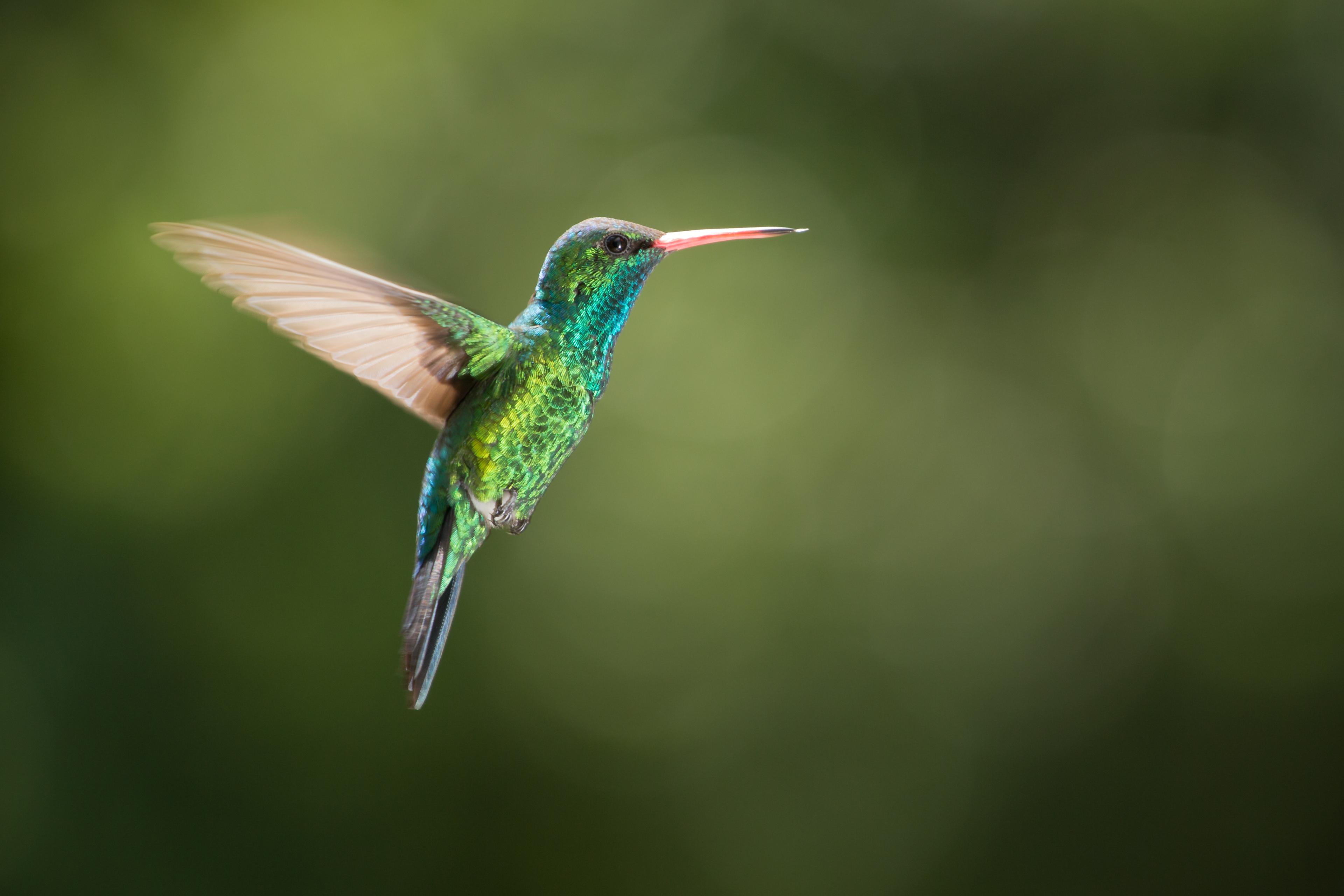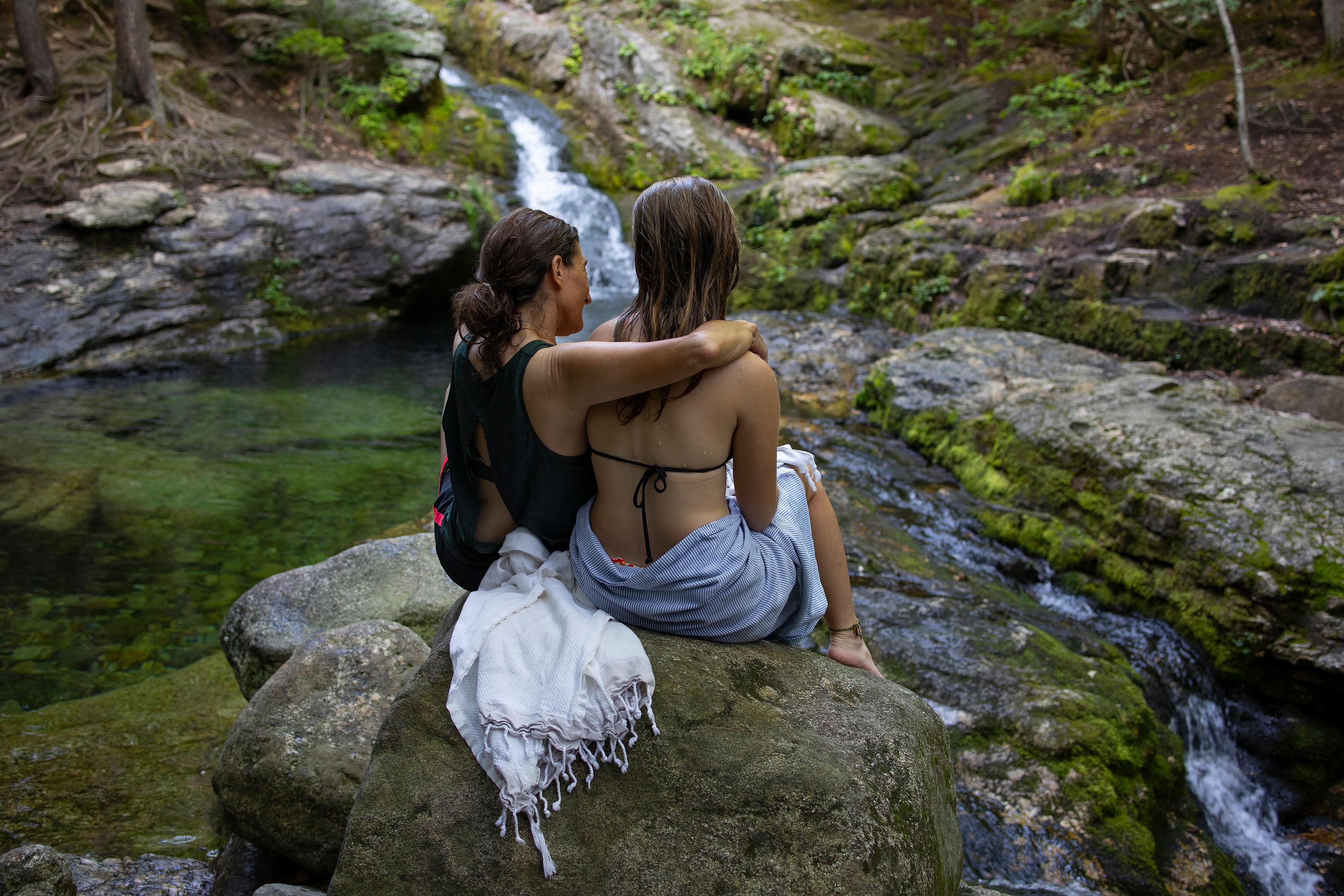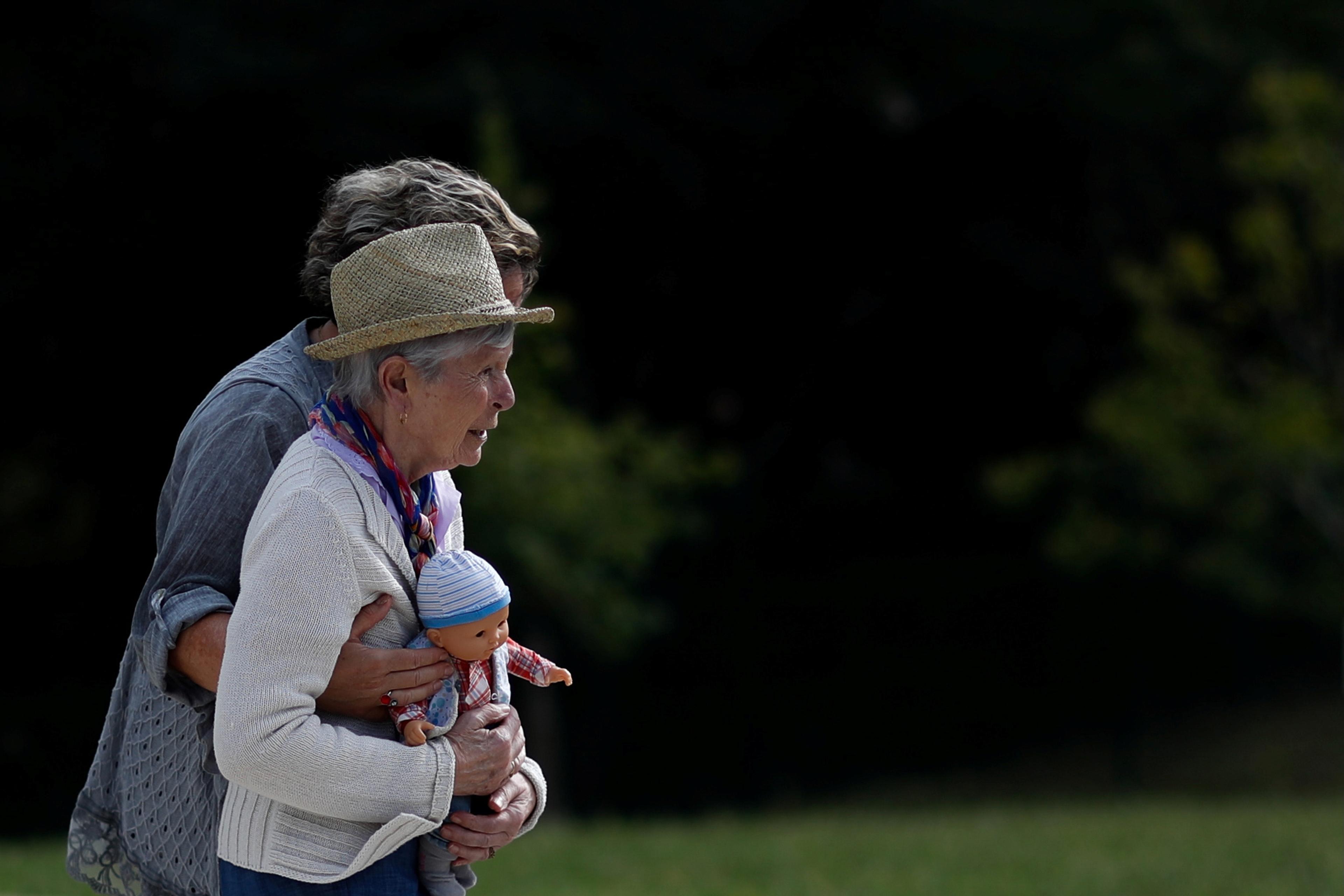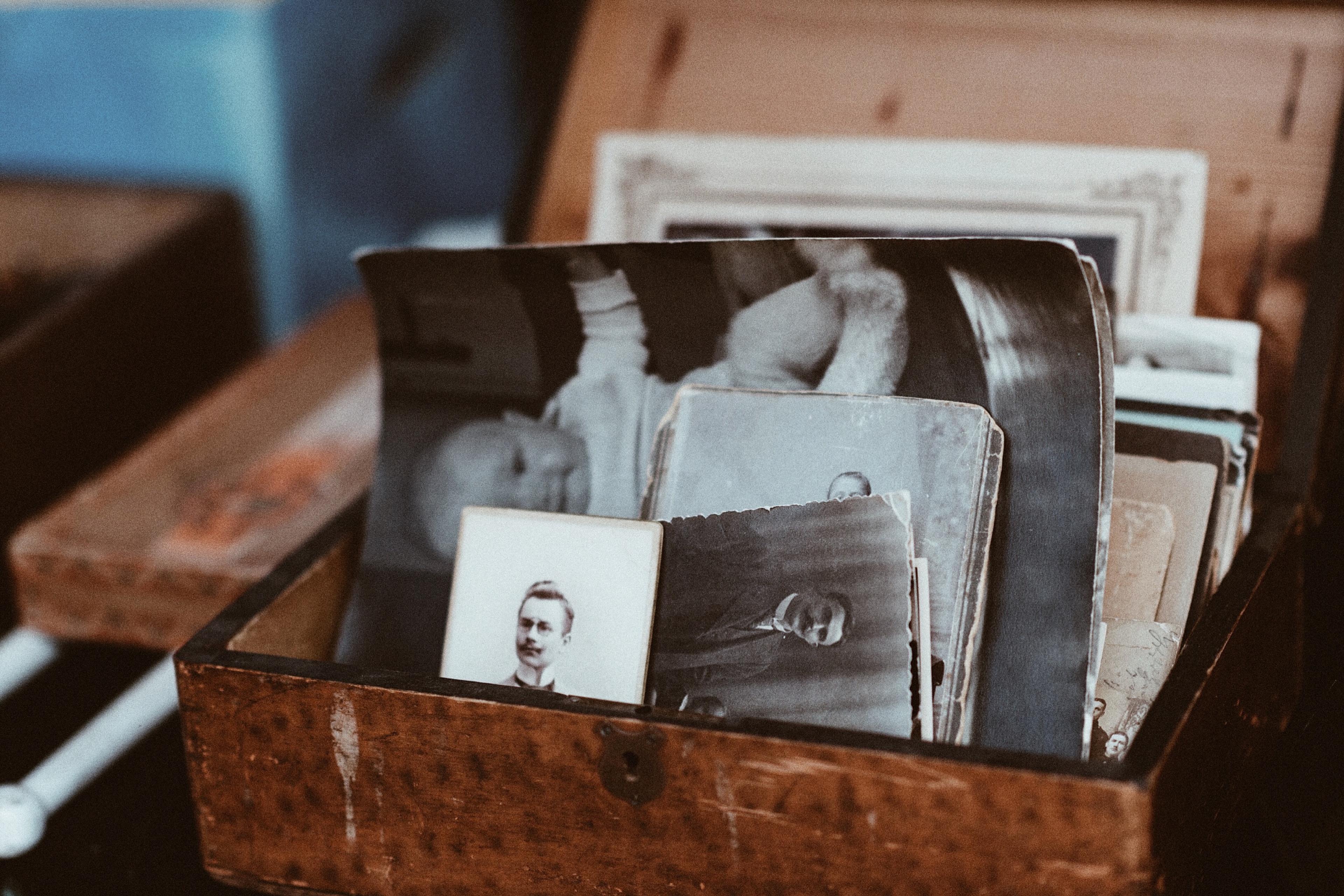Humans often fancy themselves quite extraordinary specimens in the animal kingdom. But while most recent research undermines our centuries-long claims of human exceptionalism, there are some ways in which we are quite unique – especially when it comes to childhood and childcare. Indeed, even when compared with our closest primate relatives, humans spend a truly inordinate amount of time – roughly 15 years at the beginning and the end of the lifespan – as vulnerable creatures, not reproducing, and largely dependent on others.
In this Aeon Original animation first published in 2021, Alison Gopnik, a writer and a professor of psychology and affiliate professor of philosophy at the University of California at Berkeley, examines how these unparalleled vulnerable periods are likely to be at least somewhat responsible for our smarts. Exploring how different brain states accompany different life stages, Gopnik also makes a case that caring for the vulnerable, rather than ivory-tower philosophising, puts us in touch with our deepest humanity.
